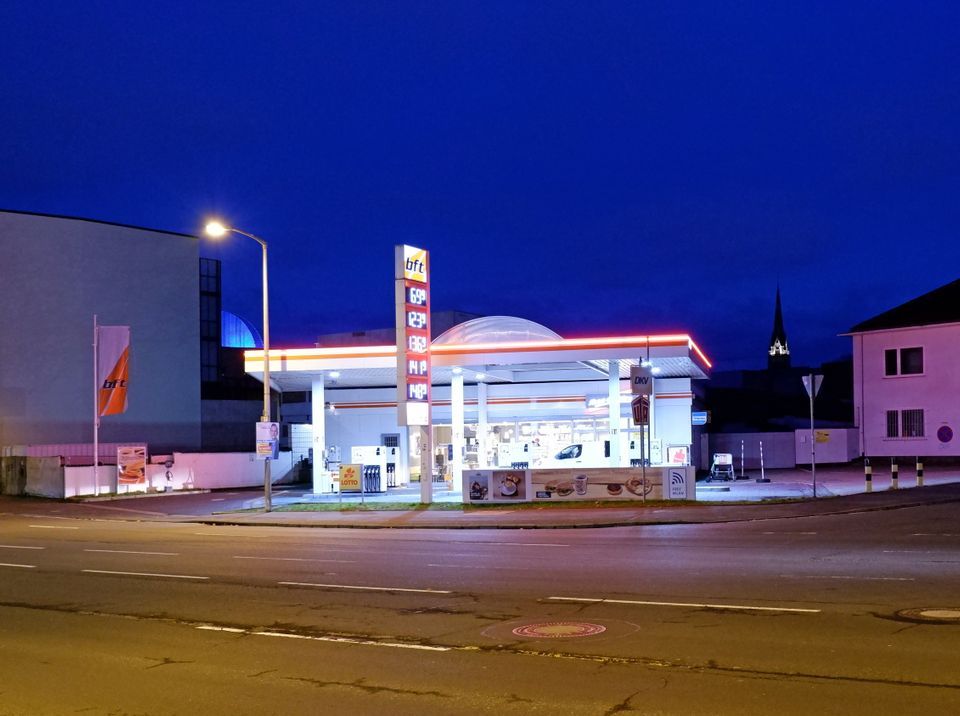
13:30–15:00
Althangrund, Augasse 2-6, 1090 Wien
Straßenbahn D Liechtenwerder Platz (3 Gehminuten), U4, U6 Spittelau (8 Gehminuten)
Liveable neighbourhoods, fat profits?
The direction is clear: the climate crisis requires a radical transformation of the car-oriented city. The city of tomorrow will be greener, with attractive public spaces and pedestrianised everyday infrastructure in all neighbourhoods, with more space for active mobility and leisure. What has long been a prerogative of privileged neighbourhoods is now to become a reality for the entire city. But urban space is also the scene of economic exploitation and attractive neighbourhoods call for profit-driven investors. Due to the expected transformation many urban infrastructures will fall out of use in the near future. How can these spaces be secured for the common good? What kind of (economic) use creates added value for the neighbourhoods? How can gentrification in the 15-minute city be prevented and the transition succeed socially and ecologically?
Lectures from and discussions with:
Cities of proximities: self sufficient neighborhoods for polycentric urban development
Giorgia Pozoukidou (Aristotle University, Thessaloniki)
The 15-minute city concept represents an increasingly popular urban policymaking and planning paradigm that is centered on the human scale and experience of the city. The presentation outlines the main principles and key attributes of this new concept and focuses on the critical urban qualities for promoting the transition of cities to this new model for the spatial organization of urban amenities.
A systemic view on urban obsolescence
Anamarija Batista (Academy of fine Arts, Vienna)
Long-term social transformations such as demographic change and megatrends such as digitalisation, e-mobility, the changes in retail and much more are causing existing architectural structures to fall out of use. However, this urban obsolescence also holds opportunities for public welfare-oriented urban development and the solution of social challenges - if the subsequent use is planned for the common good and not left to market forces alone.
The foundational economy as a cornerstone for a social-ecological transformation: a case study
Richard Bärnthaler (University of Economics and Business, Vienna)
The intensifying social-ecological challenges of our times require radical political interventions – which, however, often face popular resistance. Drawing upon a case study in Vienna’s periphery, I will discuss the potentials of the foundational economy to foster unconventional coalitions for transformative climate action.
The lectures and discussions will be streamed.
The event is part of the urbanize! focus day »Around the Corner: Polycentric Urban Structures for the Ecosocial Transformation«. All lectures and workshops are free of charge. Registration for the individual workshops takes place on site.




